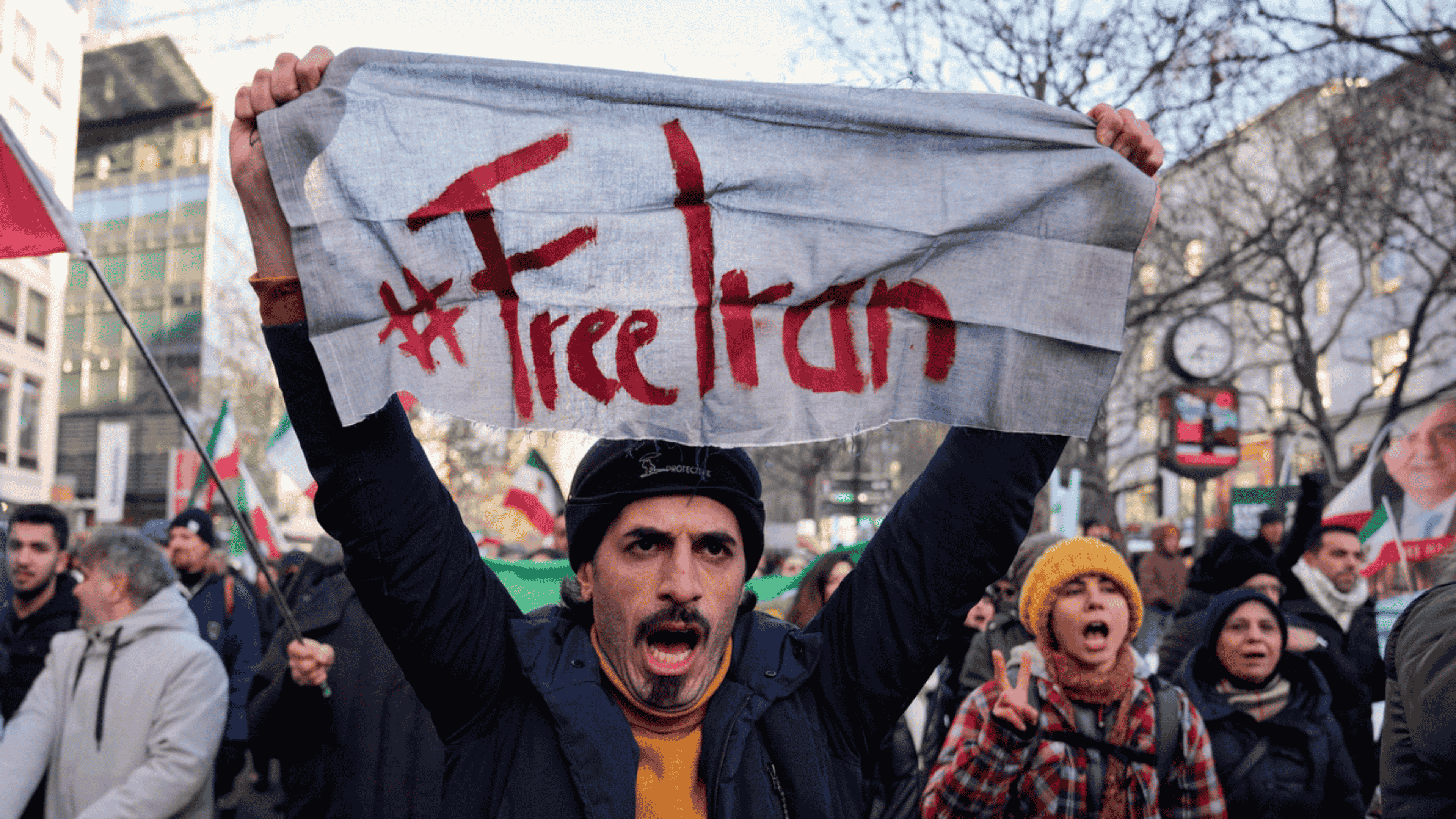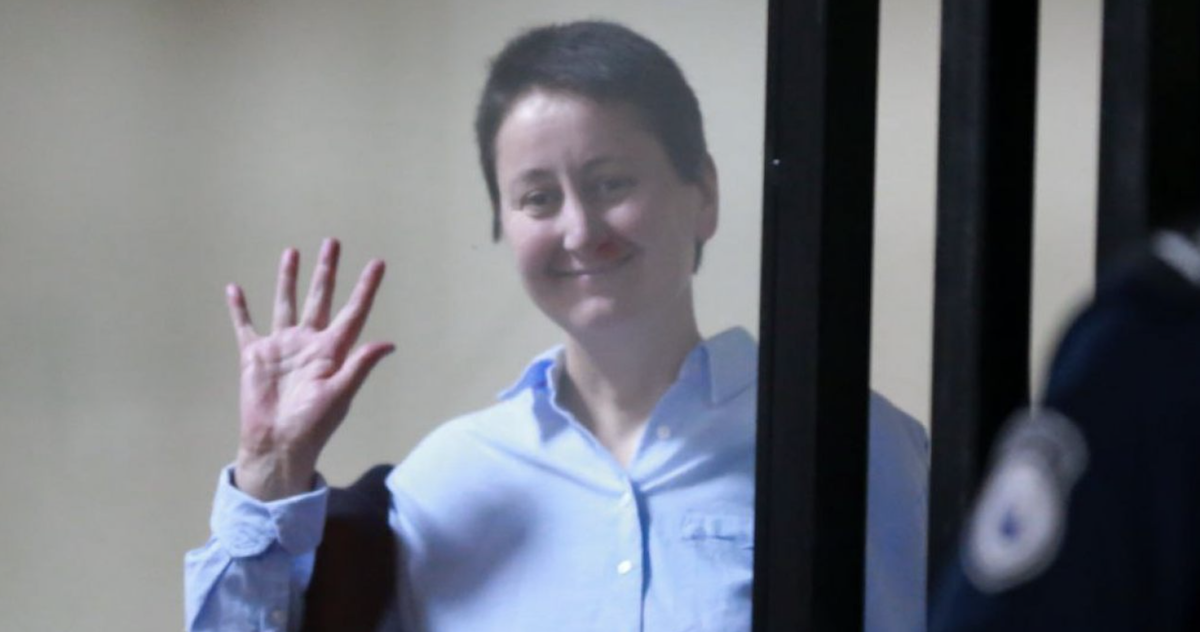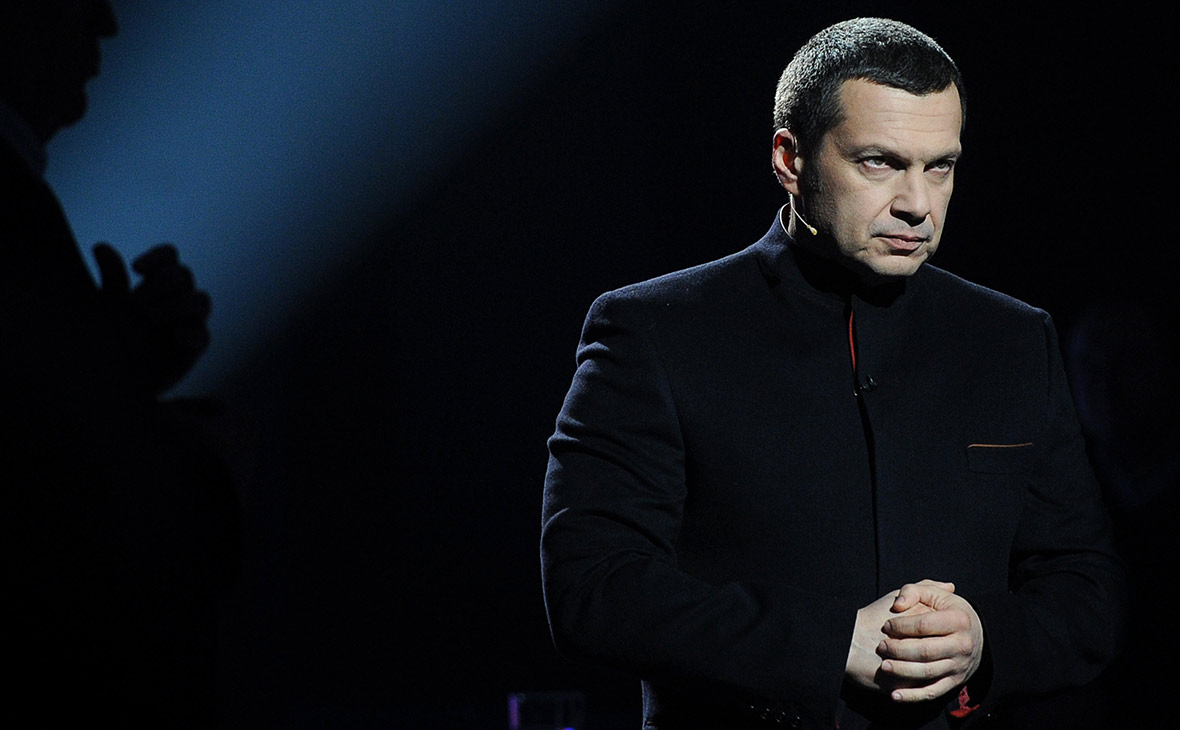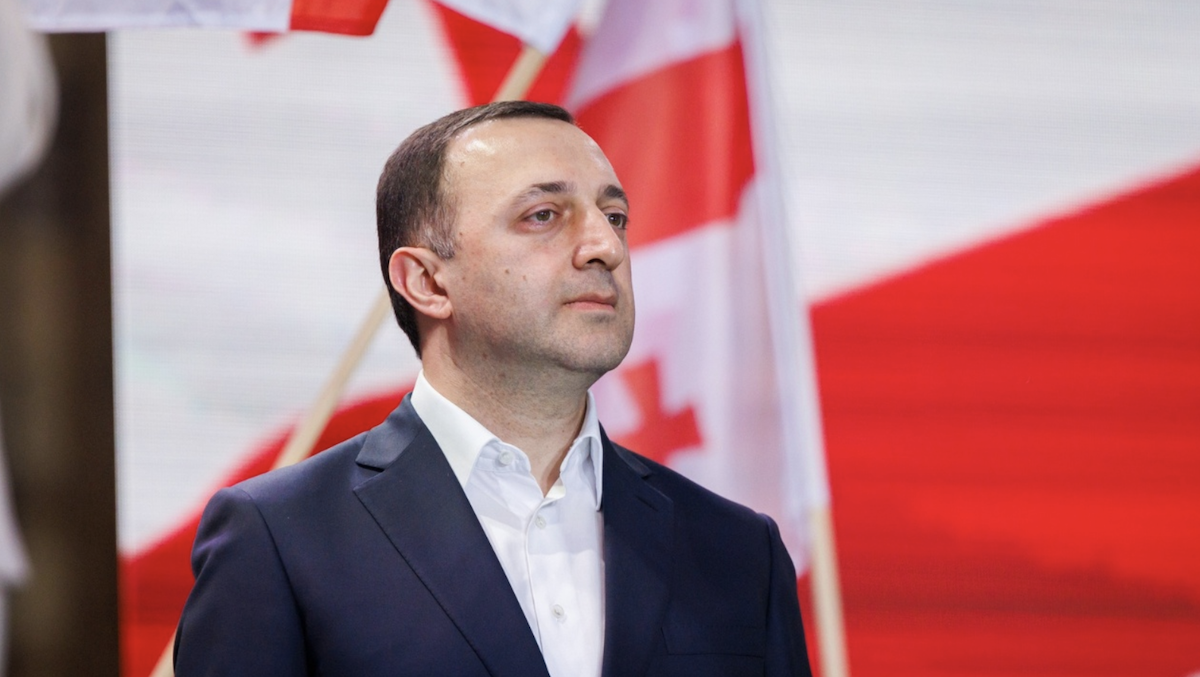'Let's stop overthrowing presidents' – opposition in Abkhazia proposes a new political agreement
Abandon coups – opposition’s plan in Abkhazia
In Abkhazia, the opposition offers the president a concrete plan of action to overcome the protracted political crisis and to eradicate the practice of the violent change of power, which has become traditional here in the last decade.
The plan consists of three specific actions; it was developed and handed over to President Aslan Bzhania by the opposition organization Aidgylara, which is headed by the former mayor of Sukhum, Kan Kvarchia.
The confrontation within the Abkhaz political elites in the struggle for power has become chronic for a long time. The climax was the early resignation of two previous presidents – Alexander Ankvab and Raul Khajimba.
Opinion: difficult times await the Abkhaz economy
Opinion: the crisis in Abkhazia is inevitable, and it is important how the authorities will meet it
Challenges of the new President of Abkhazia
Step one – political assessment of all coups
“Aidgylara” proposes to give an objective political assessment of all events related to the violent change of government, starting from 2004. First of all, these are the following three incidents:
Chronicle of coups in Abkhazia
2004 year
In October 2004, following the presidential elections, the CEC declared the opposition candidate Sergei Bagapsh the winner. However, the chairman of the Central Election Commission made a protest. He resigned, announcing that the decision was made under pressure from Bagapsh’s supporters. The election results were not recognized by the main competitor of Sergey Bagapsh – Raul Khadzhimba, who was supported by the incumbent President Vladislav Ardzinba.
The crisis led to the seizure of the presidential palace by Bagapsh’s supporters. Famous Abkhaz human rights activist Tamara Shakryl was killed during the assault.
The conflict was resolved with the help of a compromise reached between the two presidential candidates through the mediation of Russian politicians. As a result of the negotiations, an agreement was reached to hold new elections in January 2005, in which Bagapsh was to run for president and Khadzhimba for vice president. So this story ended.
year 2014
On May 27, 2014, the opposition, led by Raul Khajimba, began protest actions. The main reason was the mass issuance of Abkhaz citizenship to ethnic Georgians, residents of the Gali region, who already have Georgian citizenship.
The actions resulted in the seizure of the government building and the early resignation of then President Alexander Ankvab. Early elections were held in August 2014, and Raul Khajimba became president.
2019 year
In September 2019, Raul Khajimba was re-elected president. However, the opposition did not recognize his victory, saying that he did not receive more than half of the votes, as required by the constitutional law on presidential elections.
The crisis was aggravated by a triple murder on the Sukhum embankment on November 22, in which people from the presidential guard were involved.
On January 9, 2015, a new confrontation ended with the seizure of the presidential palace by opposition supporters. A few days later, Raul Khajimba announced his resignation. As a result of early elections, then opposition leader Aslan Bzhania became president, who at that moment continues to lead Abkhazia.
Step two – political amnesty (for Akhra Avidzba?)
Another proposal of the Aidgylara movement is to declare a political amnesty and thereby help to establish internal political stability.
So far, the only person in Abkhazia who, with reservations, can be considered a political prisoner, is Akhra Avidzba.
Akhrik Avidzba, aka “Abkhaz”, was one of the most famous military commanders of the self-proclaimed Donetsk People’s Republic in eastern Ukraine during the fighting in 2014-2015. He worked as an assistant to the President of Abkhazia Aslan Bzhania from June to November 2020. Then he resigned, saying that he had “lost faith in our common cause.” In early March 2021, he was arrested; the state security service suspects him of attempting to organize a coup.
Step three – to develop common rules of conduct for all political forces
The third proposal of “Aidgylar” is to start an internal political dialogue aimed at uniting all political forces. The goal is to prevent anti-constitutional actions and to achieve real unification of the people.
“Aydgylara” does not report what specific steps should be taken. It can be assumed that we are talking about the development of some kind of agreement between all political players, new rules of conduct that exclude the use of force to resolve conflicts.
According to the authors of the appeal, these three actions will help bring Abkhazia out of the political crisis and lay the foundation for a new political and legal culture.
Terms, place names, opinions and ideas suggested by the author of the publication are her / his own and do not necessarily coincide with the opinions and ideas of JAMnews or its individual employees. JAMnews reserves the right to remove comments on posts that are deemed offensive, threatening, violent or otherwise ethically unacceptable.


















